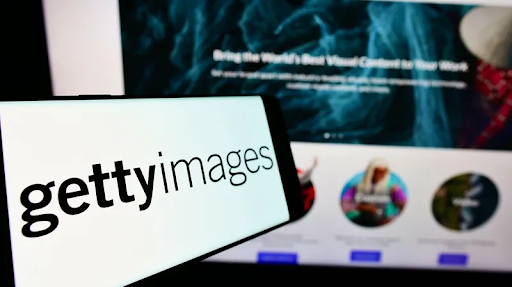The Binance Smart Chain (BSC) has suspended operations due to irregular activities amid reports of a hacking attempt on BNB, which jolted the global cryptocurrency market.
It was reported that the hackers hijacked the Binance-linked cryptocurrency BNB, which was valued at over $600 million at the time of the attack. This was disclosed in a tweet from the BNB official handle on Twitter.
Users have been given the reassurance that all funds are secure. The BNB chain assures us that all systems are now contained, and they are promptly examining the possible vulnerability. “We are certain that the community will provide support and freeze any transactions.”
Read also: Cybercrime Ravages Cryptocurrencies
The BNB dropped by about 3.6% when the report of the hacker breach on the token circulated, dropping to $282.46 on October 7th. Given that Binance Smart Chain is the backbone of the cryptocurrency ecosystem, this event represented the latest setback for bitcoin activity worldwide.
It was revealed that the attacker was only able to transfer a fraction of the stolen funds to other chains before validators shut down the network, preventing the hacker from gaining access to the remaining $430 million at their BNB chain address. The chain has since been reactivated.
According to the DeBank portfolio tracker data, the hacker gained access to digital currencies worth over $110 million across the Ethereum, Avalanche, and Fantom networks, as well as L2s Arbitrum and Optimism. However, Tether, the stablecoin’s issuer, has reportedly frozen around $6.5 million worth of USDT.
The attacked Token Hub acts as a conduit for BNB to reach the BNB Chain, the company’s smart contract blockchain. Rebranded from its previous name, Binance Smart Chain, this network is Binance’s DeFi ecosystem and the third biggest DeFi blockchain by Total Value Locked (TVL).
The validation process helps Binance restrain stolen funds
In an update to the most recent occurrence, An official statement published on the BNB chain official site explains that there was an exploit impacting the native cross-chain bridge known as the “BSC Token Hub” between BNB Beacon Chain (BEP2) and BNB Smart Chain (BEP20 or BSC). It’s estimated that 2,000,000 BNB was withdrawn. The vulnerability was exploited through a complex forgery of the low-level proof into a single shared library.
“Most of the funds are still under control thanks to the help of all the security experts, projects, and validators.”
As one of the numerous innovative protocols aiming to close the gap between different blockchains, BNB Smart Chain significantly improves upon the capabilities of the original Binance Chain. Although still in its infancy, Binance’s promise of BNB staking and EVM compatibility makes the platform a perfect engine for developers creating robust decentralized apps.
Things to Know About The BNB Smart Chain
The BNB Smart Chain (BSC) is a blockchain that operates concurrently with the BNB Beacon Chain. In contrast to BNB Beacon Chain, BSC is equipped with the ability to execute smart contracts and is compatible with the Ethereum Virtual Machine (EVM). The goal of this design was to add smart contracts to the ecosystem of the BNB Beacon Chain without slowing down it is famously fast throughout.
Both blockchains can be considered to run in parallel. Note that BSC is not a “layer two” or “off-chain” solution for scalability. Being autonomous, it could continue to function even if the BNB Beacon Chain went down. Nevertheless, both chains are very similar in appearance.
Due to its compatibility with the Ethereum Virtual Machine (EVM), BSC has made available a wide variety of Ethereum-based tools and decentralized applications (DApps) since its inception. To some extent, this facilitates the transfer of Ethereum-based projects to other blockchains. Consequently, users can quickly and simply set up programs like MetaMask to interact with BSC. It’s as simple as adjusting a few sliders. To get started, have a look at How to Use MetaMask with BNB Smart Chain.









